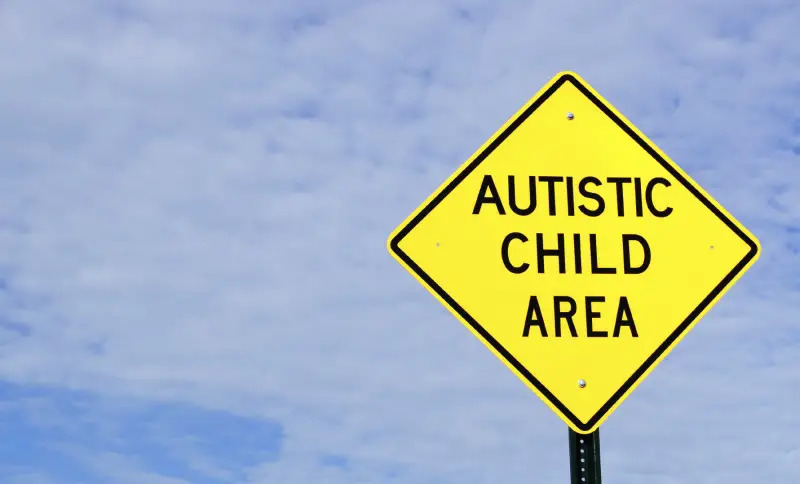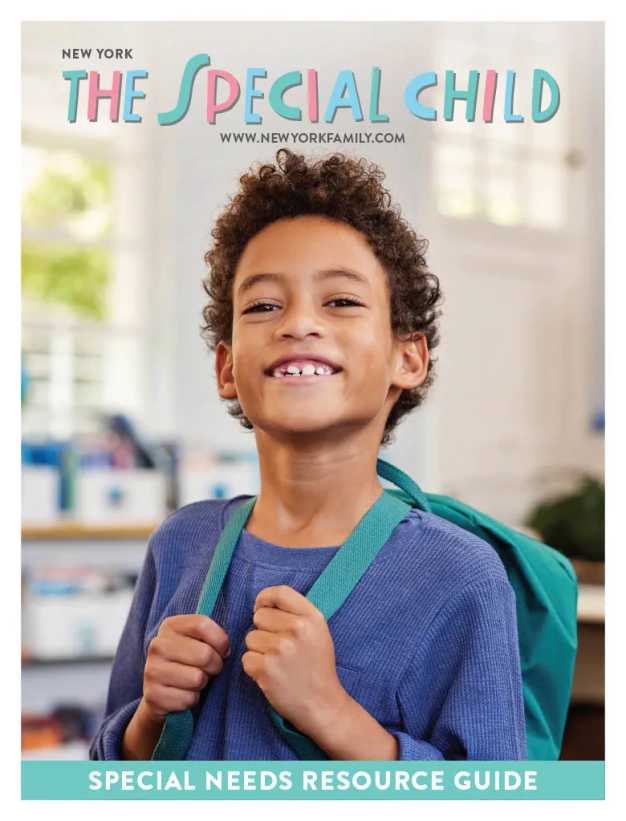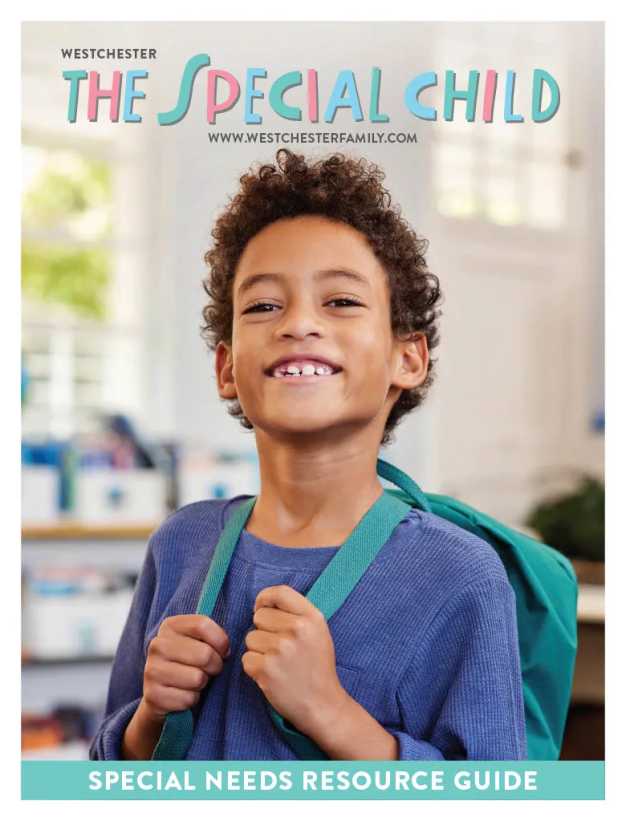When one mom realized she didn’t owe strangers an explanation, a defense, or an apology when it came to her son’s actions, she found she helped empower her son with autism. Linda Kimpton explains helping her 7-year-old son navigate life with no apologies.
My 7-year-old son is autistic. This is a piece of information I once nervously shared with absolute strangers when they watched and judged me while I struggled with my son; I felt I had to let them know that my son wasn’t a bad boy and I wasn’t a bad mother—it was autism causing what they were seeing. Without the information about his diagnosis, I wasn’t sure how I was meant to explain what they were seeing.
Now, when my son does or says unusual things that make people look at him or me as if there’s something wrong with us, I no longer use autism to explain or apologize. Not because autism is no longer key to understanding my son and his actions. Rather, the reasons I no longer reveal this vital piece of information—even when it would make his and my life easier at the time—are more personal. Before I get to them, I want to give two current examples where I actively chose to bite my lip and not say what I once would have said.
From the Pages of Our Lives
 Recently my son was in a bouncy castle. He was having a great time, when a much younger child, of about 2 or 3 years old, hopped into the castle, too (under the less-than-watchful eye of his parent). The younger child roughly attached himself to my son, and everywhere my son went this toddler kept throwing himself at my boy. At times he tried to sit on my son’s head and ride on his back. I wanted to tell the other parent that his son was being too rough and to please be more gentle because my son has special needs and struggles to know what to do and how to defend himself in these situations. Instead, I simply asked my son if he was okay, and he said he was fine, and that “the boy likes me!” (which the little boy clearly did). My son was enjoying the rough-and-tumble, even if it was awkward and looked painful at times, so I let him cope with it himself.
Recently my son was in a bouncy castle. He was having a great time, when a much younger child, of about 2 or 3 years old, hopped into the castle, too (under the less-than-watchful eye of his parent). The younger child roughly attached himself to my son, and everywhere my son went this toddler kept throwing himself at my boy. At times he tried to sit on my son’s head and ride on his back. I wanted to tell the other parent that his son was being too rough and to please be more gentle because my son has special needs and struggles to know what to do and how to defend himself in these situations. Instead, I simply asked my son if he was okay, and he said he was fine, and that “the boy likes me!” (which the little boy clearly did). My son was enjoying the rough-and-tumble, even if it was awkward and looked painful at times, so I let him cope with it himself.
Eventually it got to be too much, but it was my son who called a stop to it by shaking the boy off and saying it was enough and leaving the situation—at which point the other parent finally told his own son to be more gentle.
Another recent example: The hairdresser was asking my son what Santa got him. My son said Santa was pretend. This woman gave me a look like I was some sort of devil for allowing him to believe Santa wasn’t real; she didn’t ask if my son was a different religion, she didn’t ask if he’d ever believed in Santa or wanted Santa to be real—she simply assumed a 7-year-old child must believe in Santa. I wanted to tell her he has autism, that he is very literal, that pretending Santa is real is a confusing notion for him, and that he’s quite happy knowing the truth; he needs truths. Instead, I kept my mouth shut and quietly judged her back for being so presumptuous.
Because I hadn’t intervened, she went back to talking to my son about whether he’d gotten any presents for Christmas (now that she’d gotten past the shock of hearing that Santa hadn’t got him any), and he happily told her he did get lots of presents. Later during the haircut she commented on how very quiet he was being and said her own 7-year-old boy talks nonstop. My son was being quiet because he finds haircuts a bit upsetting, and he was focusing on trying to be calm. But I did not explain; I just left it to see what my son would do. He looked to me for reassurance that being quiet was okay, I gave him a big thumbs-up, and he smiled and continued on in his focused silence.
Later, on the way home, he asked me if it was okay that he had been quiet. I told him he had been very well-behaved and that it is okay to be quiet when people aren’t asking you questions, if you want to be. That not everyone has to talk all the time at the hairdressers. He was happy with that answer.
A Matter of Perception
Now, those reasons that I no longer use autism to justify my son to strangers (some of them may be clear by this point):
First, my son is old enough now that he needs to start finding ways to engage with others who don’t understand him and who can’t quite figure him out. He has adequate language and social skills to interact and problem-solve. Both children and adults still find him unusual and confusing, but I no longer step in to ease the path for him, so he must find new ways to make himself understood and welcomed. I don’t intervene unless he is in real physical or psychological danger (though I’d intervene in such situations whether he had autism or not—that’s plain good parenting).
The world is not always going to embrace him, and I’m not always going to be there to force it to. I would much rather he got used to what people are going to say and do while I watch and listen from a safe distance than when I’m not there at all to help him understand what went right (or what went wrong) after the interactions.
Secondly, I no longer accept the closed-minded, restricted views of ‘normal’ that the average stranger carries around with him. Just because my son says or does the ‘wrong’ thing does not mean he deserves stares, or that I deserve criticisms. In fact, as I see it, people’s quick and ignorant judgment of my family is something they should be utterly embarrassed by. They are the ones at fault for expecting everyone to conform to their idea of ideal interactions. I do not owe them an explanation or apology for my son’s words and behaviors (again, unless he was physically or psychologically attacking other people, but this is (a) simply not the sort of behavior my son engages in, and (b) if it was, my interference with such behavior and words would again be in accord with basic good parenting, so it should surely go without say).
If I tell them my son has autism, they may show more tolerance and acceptance for this “special instance,” but they should be showing that higher tolerance and acceptance regardless. Disability and difference are around us all the time—no one is owed labels or explanations in order to allow him to otherwise continue being a jerk. I will not pretend that someone’s attitudes and expectations are perfectly fine but for my son’s autism.
Thirdly, saying “he has autism” only ever raised more questions than answers. It rarely functioned well as an actual explanation. The vast majority of people don’t know what autism means for a child, and those who do know something about it almost always know the myths and extreme stereotypes (think: a violent nonverbal or a miraculous savant). So what’s the point in telling them something that means nothing to them? A fair few have even taken their children away from my son after I said he had autism, like it was a disease, or I had issued a warning of some kind.
These reasons of mine for not using autism to explain or apologize, though, only apply to strangers. People who my son regularly interacts with, such as teachers and family members, are better off knowing about autism; they have the opportunity and interest to learn more about what it means, and what it means for my son.
Maybe years from now I will feel differently again; maybe I’ll make a T-shirt proudly telling every stranger that I’m a mother of a child with autism. But for now, this is the right thing, for him and for me.
Linda Kimpton, a law lecturer and tutor, is a mother of two sons, a 3-year-old and a 7-year-old who was diagnosed with autism at 3 but showed signs of his autism well before then. Find Kimpton’s blog, aptly named Autism and Oughtisms, at autismandoughtisms.wordpress.com.












